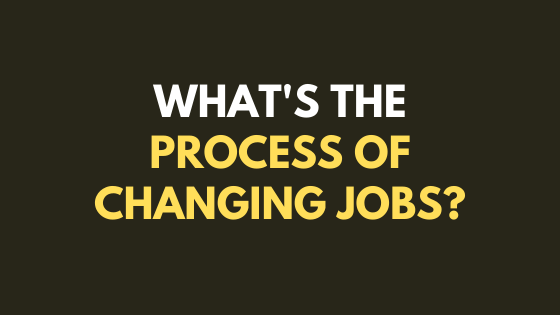4 Steps to Understanding Real Success
What is your definition of success?
It seems like an easy question to answer but how long have you given to really think about success and define it for yourself? If you're going to achieve success, you have to be extremely clear what that will look like for you personally. Otherwise, when you think you are there, you may still be unhappy because it’s not all you hoped it would be. Will working 90 hours per week for your own company and making €100k per year be success for you? Maybe, maybe not. Maybe in the first year - yes, fifth year - no. Or maybe you would prefer a secure job with enough money to live comfortably and two week-long holidays a year. There is no right or wrong answer, it’s up to you to decide this for yourself.
Someone might say that success for them is becoming really rich. But how much is ‘rich’ for you? €50,000 a year? €100,000 a year? €1 million a year? €10 million a year? And do you still consider that as success if you have to work 95 hours a week and have no summer holidays? Or what adjustments would you make to the above criteria? Below I've made two very contrasting examples for clarity. It’s broken down into four steps. They are your:
- “Musts”
- “Must Not’s"
- “Wants”
- ”Don’t Want’s”
Take some time to read through the examples and make you own version of this. You may be very surprised by what you come up with and it will certainly help you clarify your real goal!
Example 1:
Want:
- Work for myself or with others and earn €40,000+ per year.
THIS IS SUCCESS FOR ME!
Example 2:
I Must:
- Have complete control of my own company and everyone reporting to me.
- Make €1,000,000+ per year.
- Work less than 30 hours per week.
- Do different things everyday and meet lots of different people every week.
- Work alongside 10+ inspiring people that I get on really well with.
- Do what I want when I want - work on my own schedule.
- Answer to no-one.
- Make a really measurable difference to my own personal cause.
- Have people recognise and appreciate my work.
- Have time for 4 week-long holidays every year and a week-long holiday at Christmas.
- Have my own offices in my preferred location.
- Grow the company by 20% every year.
- Do 100 hours of continuous professional development per year.
AND I... Must NOT:
- Work at weekends or holidays.
- Work with people I don't like.
- Work unsociable hours.
AND I… Want:
- To have all of this in one year’s time.
- To make €1,500,000+ per year.
- To work 20 hours per week or less.
- To work between 10am-4pm weekdays only.
AND I... Don't want:
- Any financial stress.
- To give up any personal luxuries.
- To sell shares or give away any power.
THIS IS SUCCESS FOR ME!
You can see from the two extreme examples above that the person in the first example will experience feelings of success much easier than the second person. In fact, the second person has so many rules and conditions for success that it will be exceptionally difficult for them to experience success with such specific criteria. Now it’s your turn to define what success is for you before moving onto the next questions.
So, when you’ve figured out exactly what you’re looking to achieve, you can answer the following questions below with more clarity.
1. What is preventing you from achieving your goal? And is that limit a hard fact or is that a personal belief that you have?
2. What is important for you to have in your career?
3. What do you want to avoid in your career?
4. What are you prepared to do to achieve success?
- What will your time commitment be? How many hours per week, weeks per year, for how many years?
- What will your financial commitment be? What are you prepared to do or give up to fulfil your goal?
- How much emotional and physical energy are you prepared to commit to realising your goal?
- What else are you prepared to do to realise your goal?
5. Is your time, energy and commitment to your goal consistent with your expectations of the goal? In other words, is it possible that you can achieve your version success with what you’re prepared to do? If so, great! If not, it’s time to rethink your definition of success and/or your commitment!
If we don’t know what the goal is or if the goal keeps moving, how are we supposed to move towards it? It’s much easier to work towards something that we have clearly defined.
Once we have clearly defined the goal, we may be able to skip a few steps to get there quicker - which could save us time, money and energy.
I hope you found this post useful and thanks for reading!
Ronan












